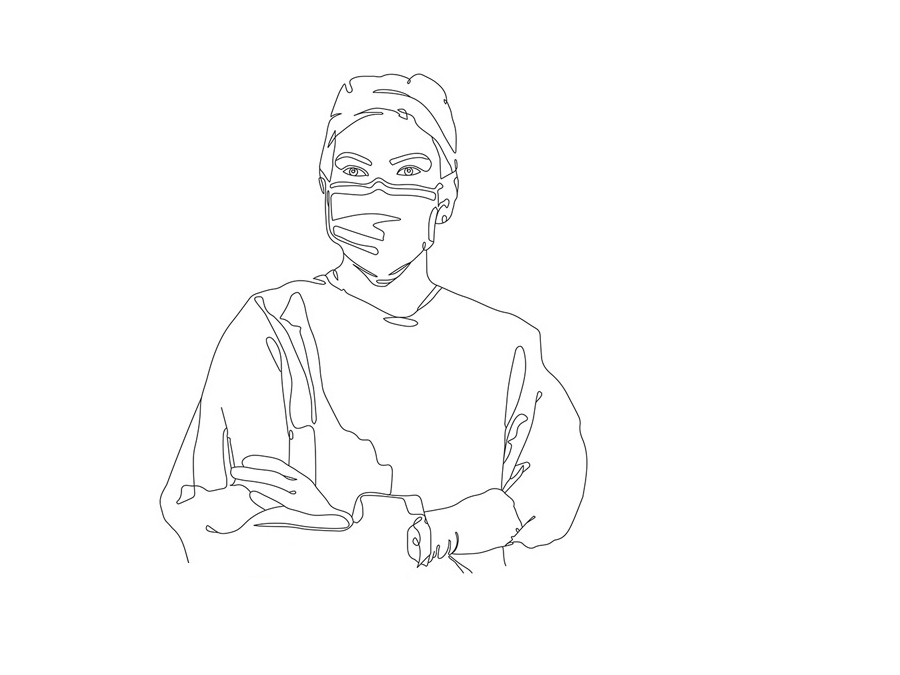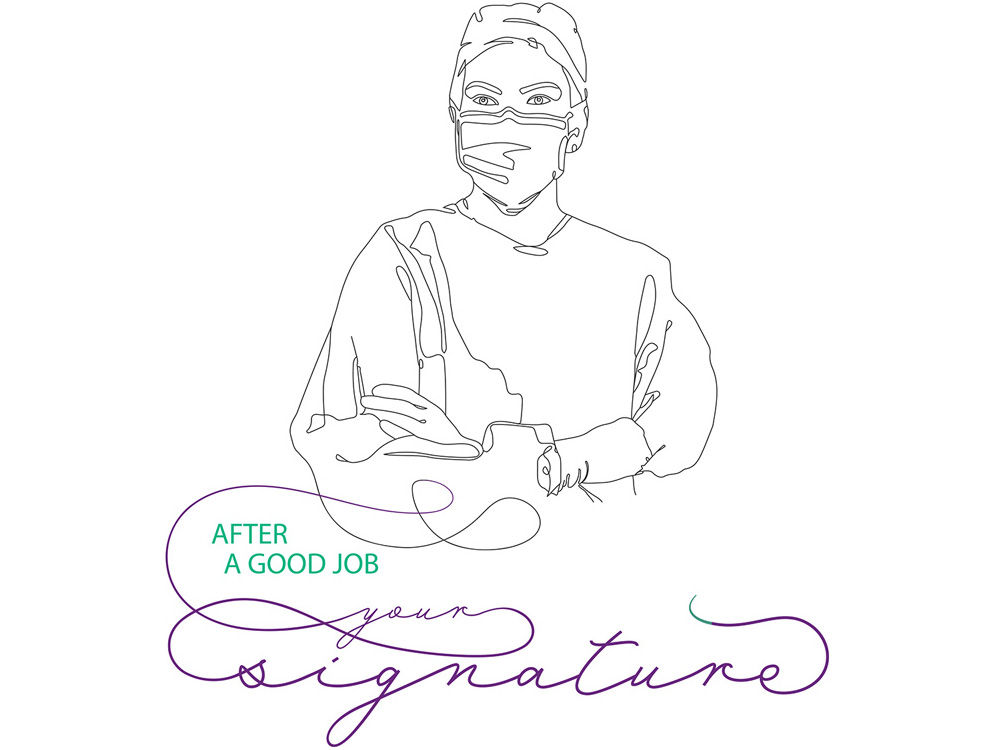No content results match your keyword.
Content
You have successfully logged out.
Not registered yet?
Surgery is diverse
Not everybody can work as a surgeon. A significant problem-solving capacity, resistance, in addition to great commitment, are required. This profession demands sacrifices from all its professionals, and special mention should be made to woman surgeons, as it has always been even more challenging for them.

Dr. Andrea María Andreacchio from Argentina shares her story about commitment, empowerment and the balancing act between surgery and motherhood. Find out what she calls her greatest achievement.

[1] Wirtzfeld, Debrah A. “The history of women in surgery.” Canadian journal of surgery. Journal canadien de chirurgie vol. 52,4 (2009): 317-320.
[2] Bourjeily, Ghada, and Sangeeta Mehta. “Gender diversity in Obstetric Medicine.” Obstetric medicine vol. 12,2 (2019): 55-56. doi:10.1177/1753495X19851711
Your feedback matters! Participate in our customer survey to help us enhance our website, products and services. Thank you for your support!